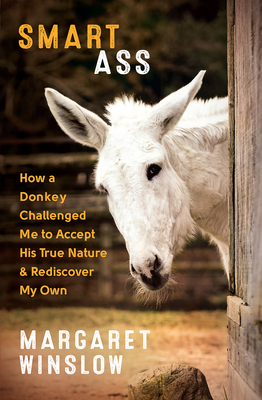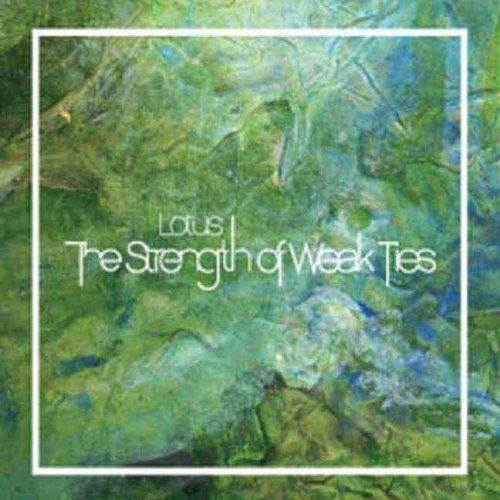
Gladwell, Malcolm
product information
description
9Sólo poniéndose en la piel de un perro, pensó Gladwell, podría destapar los secretos de César Millán, el encantador de perros , capaz de calmar al animal más inquieto o enfurecido con un simple gesto. El ensayo que da título a este libro es un divertido y eficaz ejemplo del método gladwelliano, consistente en mirar el problema con ojos ajenos . Gladwell nos trae historias de todos los rincones del mundo moderno: investiga las agridulces vidas de genios menores, audaces y obsesivos como el señor Heinz, responsable de que sólo exista un tipo de ketchup frente a docenas de variedades de mostaza; nos revela la trascendencia de la evolución del tinte capilar en la historia del siglo XX; compara el método de búsqueda de armas de destrucción masiva con el de detección del cáncer... Autor de tres bestsellers que han dado un vuelco a nuestra manera de entender el mundo, Gladwell ha elegido los que consideraba sus mejores artículos, diseminados en distintos números de la mítica revista The New Yorker y nueva muestra de su insaciable curiosidad. ENGLISH DESCRIPTION What is the difference between choking and panicking? Why are there dozens of varieties of mustard-but only one variety of ketchup? What do football players teach us about how to hire teachers? What does hair dye tell us about the history of the 20th century? In the past decade, Malcolm Gladwell has written three books that have radically changed how we understand our world and ourselves: The Tipping Point; Blink; and Outliers. Now, in What the Dog Saw, he brings together, for the first time, the best of his writing from The New Yorker over the same period. Here is the bittersweet tale of the inventor of the birth control pill, and the dazzling inventions of the pasta sauce pioneer Howard Moscowitz. Gladwell sits with Ron Popeil, the king of the American kitchen, as he sells rotisserie ovens, and divines the secrets of Cesar Millan, the dog whisperer who can calm savage animals with the touch of his hand. He explores intelligence tests and ethnic profiling and hindsight bias and why it was that everyone in Silicon Valley once tripped over themselves to hire the same college graduate. Good writing, Gladwell says in his preface, does not succeed or fail on the strength of its ability to persuade. It succeeds or fails on the strength of its ability to engage you, to make you think, to give you a glimpse into someone else's head.What the Dog Saw is yet another example of the buoyant spirit and unflagging curiosity that have made Malcolm Gladwell our most brilliant investigator of the hidden extraordinary.
member goods
No member items were found under this heading.
Return Policy
All sales are final
Shipping
No special shipping considerations available.
Shipping fees determined at checkout.







